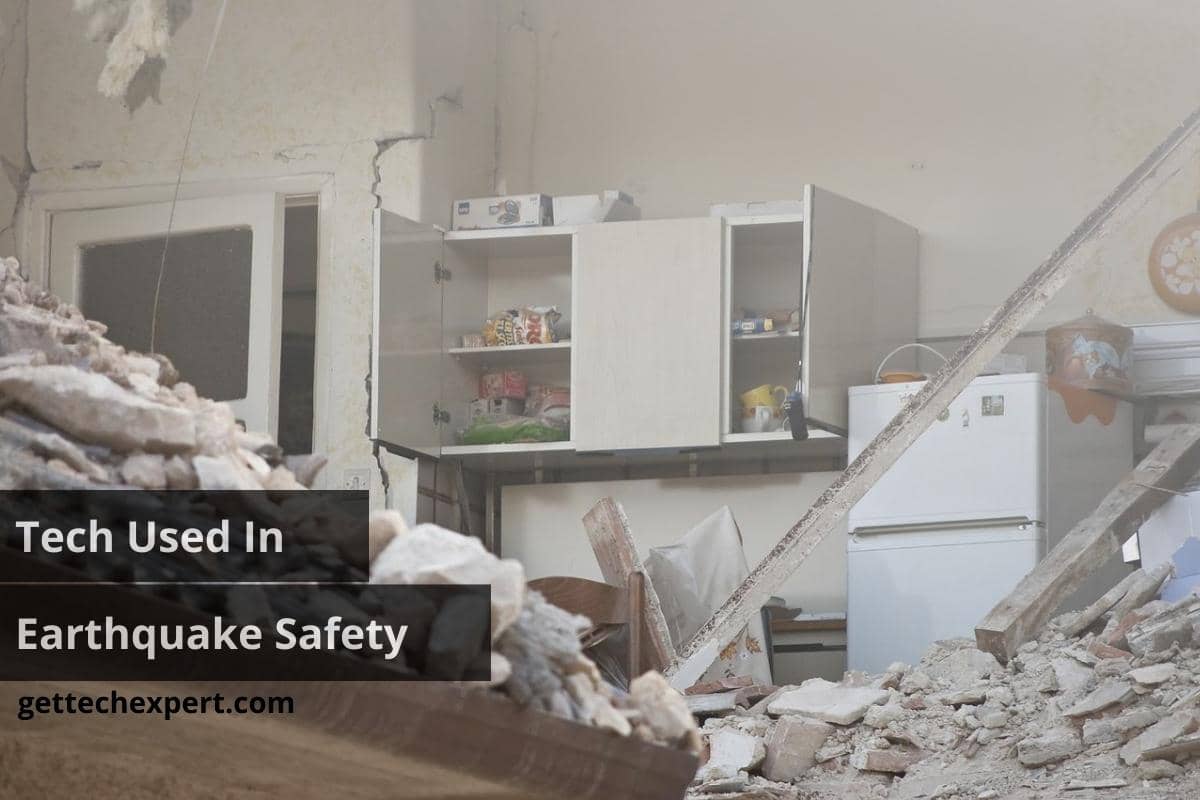
Earthquakes are an extremely rare but serious phenomenon that can cause significant damage to your home. They are unpredictable and can be deadly.
For your Best Home Security and personal safety, this earthquake safety guide will discuss some of the essential aspects of safety and what you should do in case of such a disaster.
Before the Earthquake
Below are a few simple tips to help you prepare for an earthquake.
- Listen to the radio or TV for information on when the earthquake will strike and where it will be centered.
- If you have time, reinforce your windows. Doors, roofs, and gutters to ensure they can withstand the earthquake.
- Make sure your home is prepared by checking for loose objects or furniture that may fall during a quake, removing anything that could catch fire in case of a gas leak, and putting up storm shutters in case of flooding or falling debris.
- Check your walls for cracks or openings, even if you don’t think it’s likely to fall down
- Check the foundation for cracks or breaks and repair them if necessary
- Make sure that there are no loose electrical wires, gas pipes, or water pipes near the building that could cause a spark during an earthquake.
During the Earthquake
When the earthquake strikes, don’t panic; instead, follow these safety precautions:
- First, ensure all windows are closed and locked, especially on the lower floors of buildings.
- Don’t use the lifts or escalators, which may not function properly during an earthquake.
- If you are on a multi-story building, stay away from windows and doors until the shaking stops.
- Do not hold on to buildings or structures that could collapse during an earthquake.
- If you are in an apartment building or a high-rise building, seek shelter in the hallway until the shaking stops.
- Stay away from walls. If you have to stand close to a wall, hold on to something sturdy.
Also Read – Most Popular Home Automation Services
After the Earthquake
Follow these critical steps after the earthquake has passed:
- Check for gas leaks by opening your taps and turning on a light. If there is no gas leak, turn off the water supply and leave it until a professional comes out to check it
- Open all windows and doors to ensure that debris has not blocked them.
- Turn off electrical appliances not connected to a circuit breaker (like your refrigerator).
- If you have an air conditioner (AC) or heater (HVAC), turn off all refrigerators, freezers, etc., until they can be identified as safe. Make sure there is no standing water in any of these appliances. Do not use them until they are checked by a qualified technician and are deemed safe for operation.
- Look around for fallen trees or power lines along your property line; if there is one within 10 feet of your house, stay inside until someone checks it out for safety reasons.
Final Thoughts
The above guide will help you understand the basics of earthquake safety and how you can protect yourself and your loved ones during a disaster. Everyone must understand the risks involved with earthquakes and how best to prepare for them. Understanding the difference between an earth tremor and an earthquake is also important.



